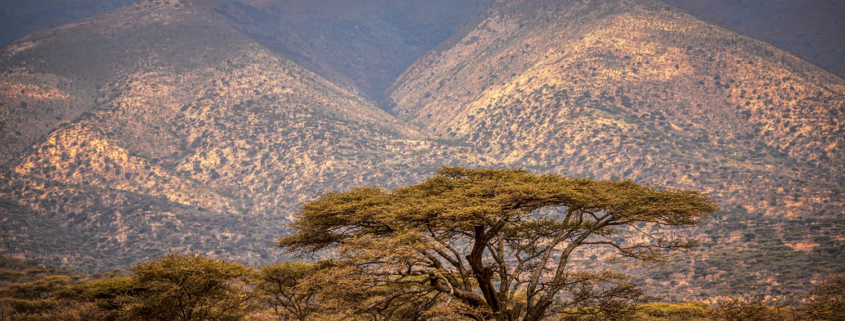How State-Driven Protectionist Conservation Efforts Have Violated the Rights of Indigenous Peoples
The Indigenous World 2023 Report (herein, The Report), developed by The International Work Group for Indigenous Affairs (IWGIA), reveals how, globally, many state-driven conservation efforts are not protecting the rights and knowledge of Indigenous Peoples, or practicing Free, Prior and Informed Consent (FPIC). The Report shows how governments, while supporting international policies on the conservation of biodiversity, continue to engage in protectionist conservation practices at the expense of the rights of Indigenous Peoples.
The Indigenous World 2023 Report consolidates reports from regions and countries all over the word, and provides updates from international processes and initiatives, including those driven by the United Nations. The Report provides numerous examples and critiques of state-driven fortress conservation or protectionist conservation practices, that have resulted in violence against, and a refusal of, the rights of Indigenous Peoples.
For example, The Report notes how the government of Tanzania is furthering its efforts to protect and conserve lands, including expanding the Ruaha National Park and the Pololeti Game Reserve; however, in doing so, the government further encroaches into Maasai ancestral lands, demolishing Maasai homesteads, and forcibly displacing Indigenous villagers. The Report also explains how the government did not seek the Free, Prior and Informed Consent (FPIC) of Maasai villagers in the expansion of the Ngorongoro Conservation Area in 2022. The Tanzania Times reports that over 2,000 villagers from Loliondo, located at the border of Tanzania and Kenya, have been displaced due to the expansion of the conservation area. The Maasai took the Government of Tanzania to court to contest the eviction of their villages but lost, “send[ing] a dangerous message that Indigenous [P]eoples can be evicted from their land in the name of conservation.”
The Report also highlights the significance of The Kunming-Montreal Global Biodiversity Framework (KMGBF) (December 2022) which “acknowledges the important roles and contributions of Indigenous peoples and local communities as custodians of biodiversity and partners in conservation, restoration and sustainable use.” The KMGBF is a strategy for nations “to protect and restore biodiversity by 2050.” The Report acknowledges the contradictions between the intentions of the KMGBF and the actions of many countries in protecting Indigenous rights and knowledge, and how there is more work to be done to fulfil the intentions of the strategy. For example, as noted in The Report, the KMGBF was adopted at the COP 15 meeting, chaired by China. However, despite China’s global leadership on biodiversity, domestically, the Chinese government has not acknowledged “the existence and relevance of Indigenous Peoples in the country.” To align with the KMGBF, China’s intentions to establish a national park system would need to recognize the rights and the contributions of Indigenous Peoples to the governance and protection of biodiversity.
While The Indigenous World 2023 Report commends the KMGBF and the efforts of the International Indigenous Forum on Biodiversity (IIFB), it also offers example after example of how state-driven conservation efforts are violating the rights and lives of Indigenous Peoples worldwide.
By Leela Viswanathan
(Image Credit: Mariola Grobelska, Unsplash)

 Mariola Grobelska
Mariola Grobelska
 John Towner
John Towner Li An Lim
Li An Lim